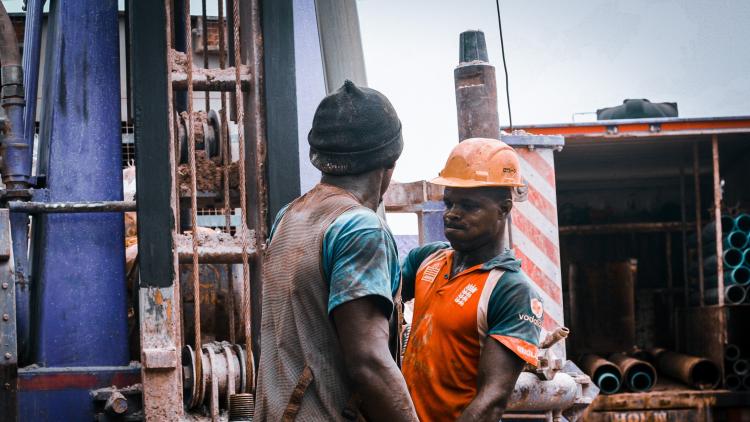AHRC grant awarded to Navtej Purewal and Eleanor Newbigin for VR Border Crossings project

27 May 2022
Navtej Purewal, Professor in Political Sociology and Development Studies and Eleanor Newbigin, Senior Lecturer in the History of Modern South Asia, have been awarded £40,322 by the AHRC for their new research project, Border Crossings: Exploring Community and History through Virtual Reality at the 75th Anniversary of the Partition.
Partnering with Project Dastaan and also working with the Partition Museum, there will be VR installations and workshops from July-September 2022 in London, including the V&A, South Bank, SOAS, and Birmingham Museum. The SOAS VR installation and events will run for several weeks in September. Dates and programme to follow.
The Border Crossings project aims to build on from Purewal’s previous AHRC-funded project, “Gender, Caste and the Practices of Religious Identities”, in order to deliver impact and engagement activities associated with the 75th anniversary of independence and the partition.
This project aims to extend the findings and contributions of the original project to audiences in the UK, particularly the South Asian diaspora. Through a study of religious practices in contemporary Punjab, the 2010 project emphasised the need to complicate historically embedded logics of religious difference. Such logics are heavily grounded in memories and public narratives of the partition of 1947 and developed new approaches for understanding the mechanisms through which rigid ideas and categories of religious, and national, identity are constantly being asserted and reconstructed. The current project draws on these insights and methodologies to examine how memories and public narratives of the partition of 1947 have developed and changed over time amongst the UK diaspora.
This follow-on project will also explore how new developments in Virtual Reality (VR) technology can be used to contribute further insight to the previous project's claim that thinking across bordered ideas of identity can enable critical re-examinations of the past. The partnership with Project Dastaan enables the research team to explore how immersive VR experience can be used to disseminate the critical methodological findings of the 2010 project while also helping to extend and expand the ways in which the partition, as a significant theme of cultural heritage for South Asian diaspora communities in the UK, is commemorated, remembered and memorialised.


